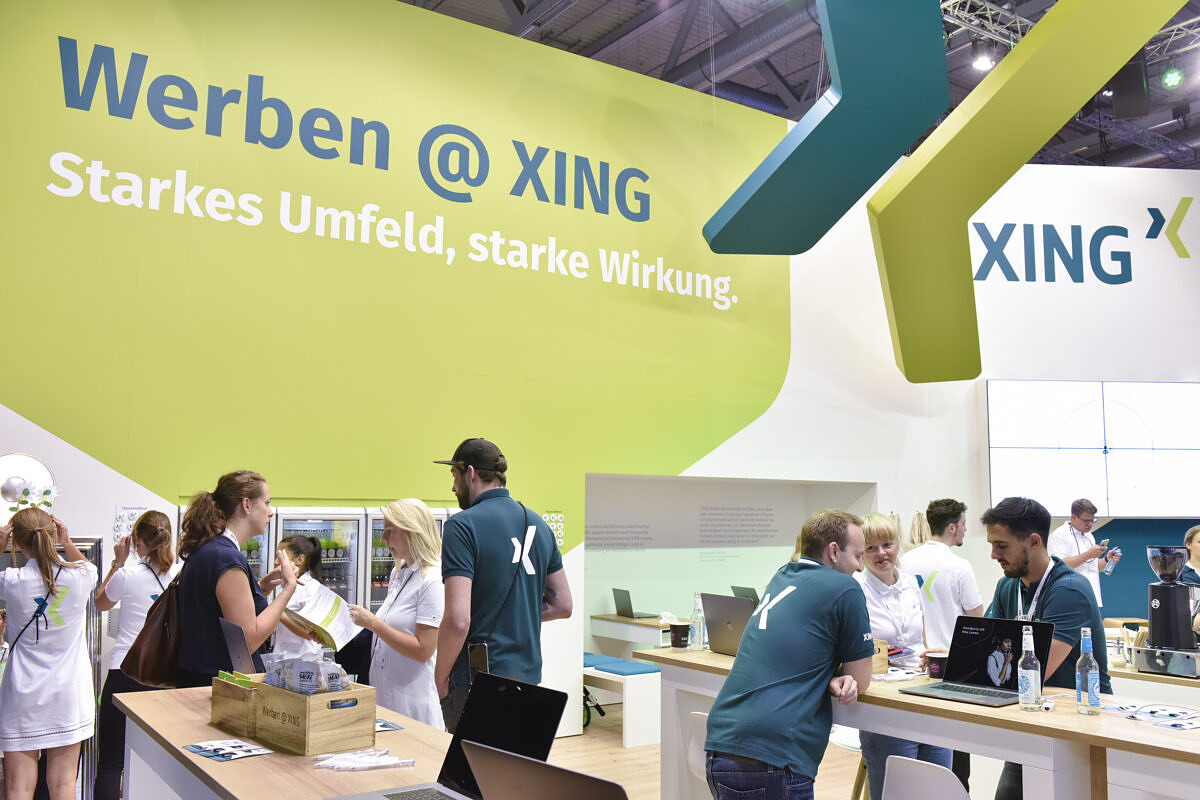Xing: the unbreakable network made in Germany
One of the oldest platforms boasts impressive results.

Xing is comparable to a second channel among the social media platforms. Everyone is familiar with it, uses it and even appreciates it but, when asked, they find everything else cooler.
The listed Burda subsidiary has been able to live with the fact that it has been underestimated for many years. At almost 16, Xing is one of the oldest social networks. It was founded in the same year as Myspace and has been on the market longer than Facebook, YouTube or Twitter.
Economically speaking, Xing is a complete success. CEO Thomas Vollmoeller just recently presented a new record balance sheet. The company’s annual turnover has doubled within just a few years and is heading towards a quarter of a billion euros. The company’s result in 2018 was higher than ever before. One could expect Germans to be proud of the only relevant social network made in Germany. Instead, the globally positioned competitor LinkedIn is now considered the place to be.
Digital experts warn against neglecting Xing. Although the platform does without LinkedIn’s blogging feature, which is currently in great demand, it is still clearly the number one platform in the DACH region with 16 million members and growing.
Selected authors as insiders
Just like LinkedIn, Xing has evolved from a digital address book to a content provider. However, its focus is different. Xing relies on selected authors and especially around 300 industry celebrities, who make up the “Xing Insider” format. For the trend topic New Work, Xing already established its own editorial office under former Stern.de vice-president Ralf Klassen years ago.
The platform’s traditional strengths include the Xing groups, which even survived the Facebook boom. It has suffered wounds, however: “As an exchange medium, Xing no longer plays such a major role as before,” says communications consultant, author and blogger Kerstin Hoffmann (“PR doctor”). Nevertheless, “especially in certain niches, it is still possible to run an active group with a well-maintained community.”
PR professional Christoph Hausel also sees the groups as an insider tip. “Customers are currently focused on LinkedIn. Xing nevertheless remains interesting, because the groups have the potential to create their own industry community,” says the founder and managing director of the Munich PR agency Element C. But for this, companies need “a clear concept and staying power.”
Xing as an effective reputation lever
Xing’s great content strength now lies in its newsletters, the reach of which completely overshadows that of most trade media. “The Xing newsletters provide an expansive overview of individual industries,” explains social media expert Klaus Eck. The head of the content marketing agency d.Tales also appreciates the newsletters as a reputation lever for his customers: “Any Xing member who makes it into one of the newsletters with their most exciting stories can achieve enormous reach. It is even better to be listed as a Xing Insider in one of the Xing newsletters, because the contents of selected Insiders published on Xing receive a lot of traffic via the newsletters.”
The classic email newsletter as a power tool: that’s Xing’s style. The platform may not be as sexy as younger social networks, but it does its job.
The bottom line:
Xing is underestimated as a career network and content marketing platform. The only relevant social media player from Germany still has more members than its US competitor LinkedIn and offers high-circulation newsletters, selected authors from various industries and B2B communities.





